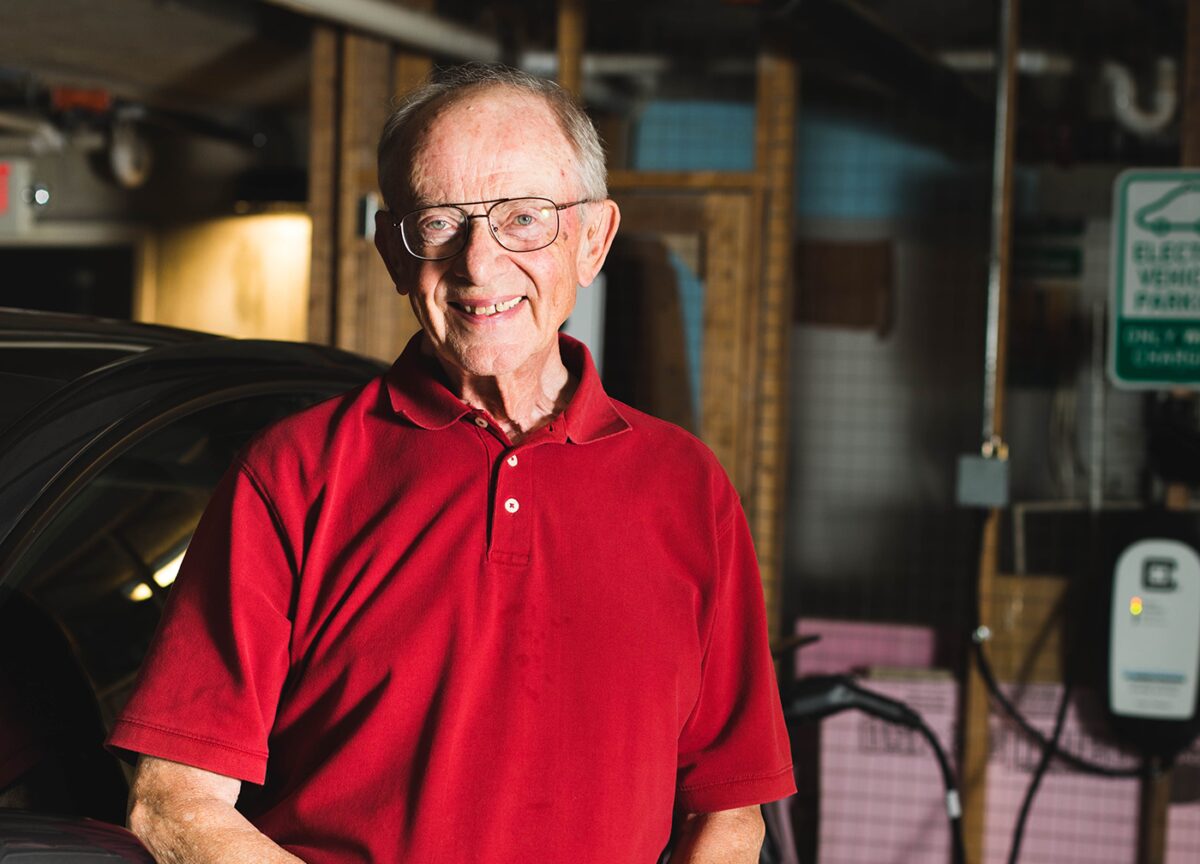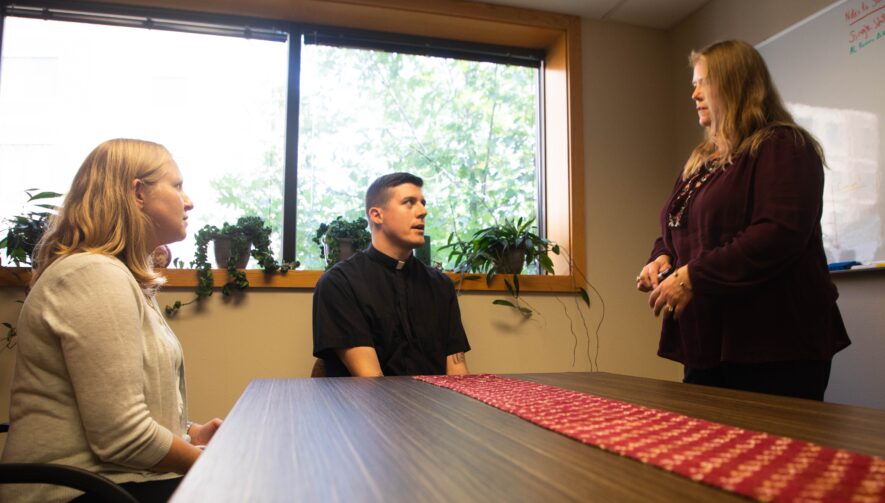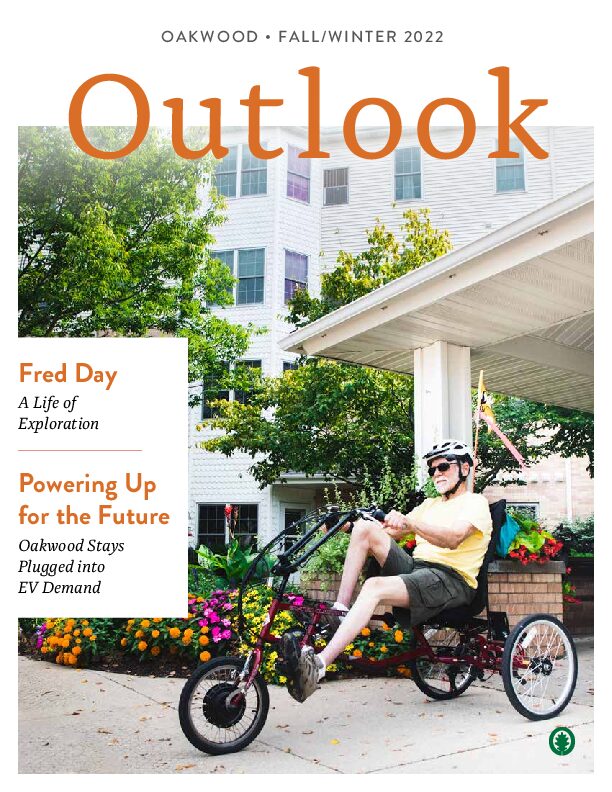Holistic Care Through the Lens of Faith
The word “chaplain” may conjure up comforting images of a clergy member who delivers religious or spiritual care to those in need. But it may come as a surprise to some that chaplaincy requires graduate-level seminarians and ordained ministers to undertake specialized training, including coursework and clinical internships, to master this care-based discipline.
Oakwood Village now plays an important role in the Madison community by offering training for the next generation of healthcare chaplains through its accredited Clinical Pastoral Education (CPE) program. CPE is an interfaith educational process that is the standard training for healthcare chaplains.
Currently, Oakwood residents receive support from three CPE chaplain interns who are in the midst of their first clinical unit. To become a board-certified chaplain, four 20-week units must be completed. The clinical work they are now engaged in follows an accredited distance-learning CPE program provided by Sankofa Center, a Chicago-based organization with which Oakwood has partnered.
Father Tyler Whatley, Oakwood’s Director of Religion and Pastoral Care, says Board Certified Chaplains bring to healthcare organizations a skillset beyond theological expertise to handle the nuances of working with people who are vulnerable. And, he adds, Oakwood is now the only organization offering such training in the Madison area.
As society becomes more secular, traditional ideas of what a chaplain is have become less relevant to some individuals, he says. Several faith-based organizations have even retired their chaplain programs. Clinical Pastoral Education is a contemporary response as part of a larger trend of chaplaincy that has evolved over the last 20 years to become better integrated with the clinical side of healthcare.
"CPE is at the core of modern chaplaincy. The training emphasizes care for the human spirit, that immaterial part of us that searches for meaning, connection, and love, especially during times of need.” Father Whatley, a Ukrainian Orthodox Priest and Board-Certified Chaplain who visits residents on both Oakwood campuses, says chaplains note nonconfidential observations in a resident’s medical record that are relevant and helpful to the healthcare team. For example, in addition to noting religious and spiritual needs, he carefully listens for (and charts about) an individual’s social and emotional needs related to their state of mind or other matters of concern.
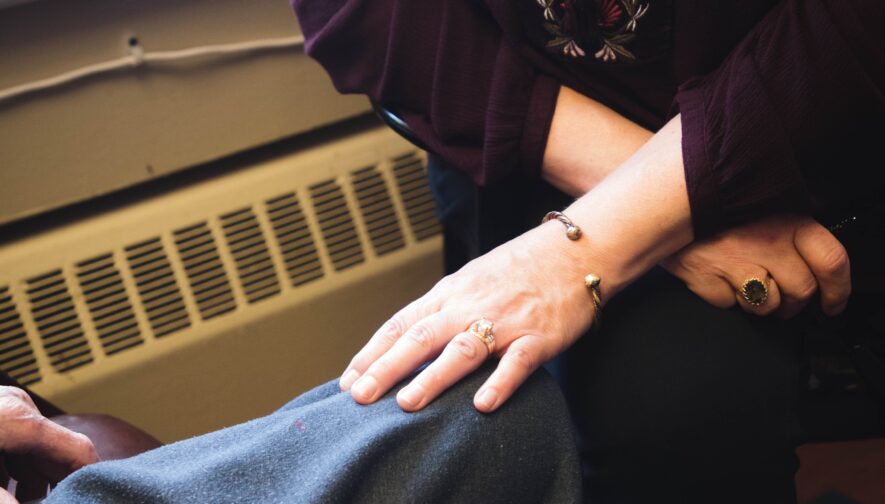
Chaplains are trained to connect with people regardless of religious or spiritual beliefs. Both spiritually and emotionally, they meet people where they are, and may offer prayer, guided meditation, or reflection. If requested, chaplains also serve as points of connection between residents and local clergy and their communities of faith.
“Sometimes people tell us they’re not interested, and we’re certainly not here to proselytize,” Father Whatley says. “Sadly, there are those who have had negative interactions with clergy, but one of my greatest joys is reorienting their experience so they know they are unjudged and loved. It’s a powerful thing. We’re already seeing the impact that has on the culture here.”
Oakwood’s partnership with Sankofa CPE Center is a match made in heaven, Father Whatley says. Sankofa provides the program accreditation and online education that prepares CPE chaplains for their practical experience at organizations like Oakwood.
Reverend Danielle Buhuro, Sankofa’s Founder and Executive Director, says Oakwood is able to benefit from the added chaplain services that provide additional support for staff and residents. At the same time, the CPE chaplains receive essential education in gerontology, palliative care, and ministry to senior populations.
“This training helps students understand that providing emotional support through a nonjudgmental and supportive listening ear is important, no matter what someone’s beliefs may be,” Reverend Buhuro says. “Anyone can talk to a chaplain. You don’t have to engage in a religious conversation. Our students learn that our religious world is evolving into a more pluralistic perspective.”
She says chaplaincy in various settings addresses a range of concerns. During the pandemic, for example, many systemic issues became more prominent, such as homelessness and food insecurity. Today’s chaplains listen for those needs among staff members and can partner with human resources and social services to make referrals and promote an organization’s employee assistance program.
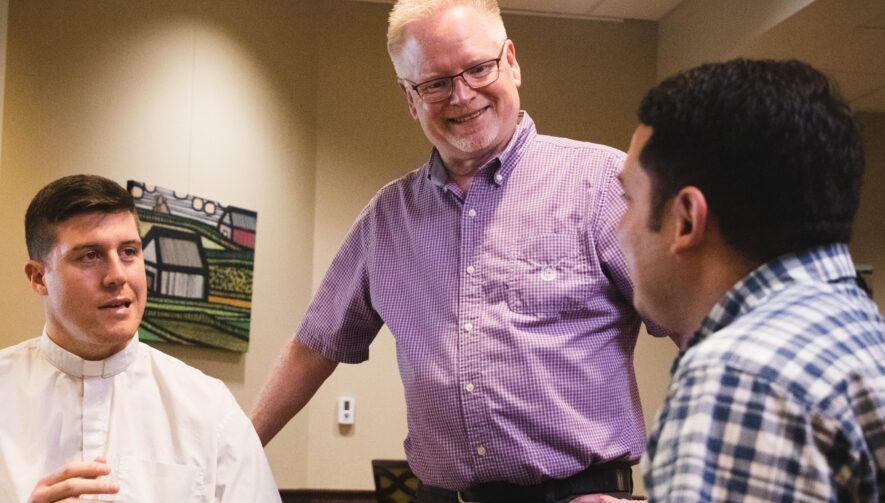
“We are discovering the growing trend of those wrestling with mental health concerns, trauma, or emotional health issues,” Reverend Buhuro explains. “So we train CPE chaplains to listen for signs of sadness or emotional instability and make referrals.”
The current group of CPE chaplains in training at Oakwood includes Jessica McCarty, a seminarian becoming an ordained deacon in the Lutheran Church; Meredith “Merrie” Beckman, who will be ordained as an Interfaith/Interspiritual minister, and is interested in becoming a chaplain; and Luis Velasquez, a seminary graduate who wanted to learn more about pastoral care for older adults ahead of his ordination in the Methodist Church.
In addition to time spent one-on-one with older adults, CPE chaplains may help with worship services or give a presentation to staff and residents. Sometimes they meet with staff members in need of a listening ear.
“Caring for older adults can be a difficult responsibility, and everyone working here faces their own professional and personal challenges,” Father Whatley describes. “If we can help support our staff and get them back to serving residents with confidence, I’m proud to play a role in that.”
Father Whatley says Oakwood’s CPE program is also addressing a significant community ministerial need by training people who will dupport area congregations and other organizations. The Evangelical Lutheran Church of America, along with many other denominations, require seminarians to take at least one unit of CPE, even if they plan to work exclusively as church pastors.
“One of Oakwood’s core values is faith,” Father Whatley states. “This program is a concrete way to express that value and maintain a connection with our sponsoring congregations.”
Oakwood’s Clinical Pastoral Education program is 100 percent funded by gifts to the Oakwood Foundation. The Oakwood Foundation covers training for each student’s 20-week session at a cost of approximately $2,500 per student. If you are interested in supporting future CPE students at Oakwood, you are invited to make a gift to the Oakwood Foundation’s Pastoral Care Fund.
Keep Reading Online
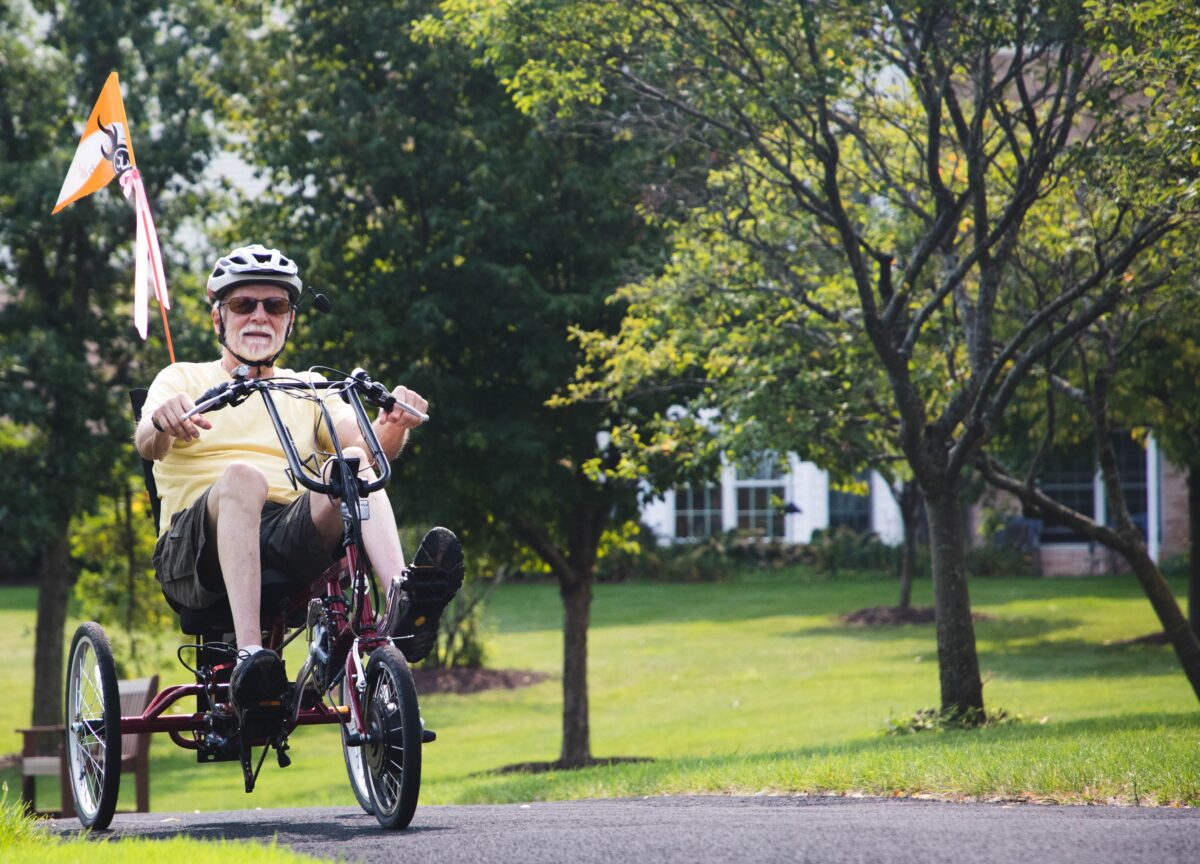
Resident Profile: Fred Day
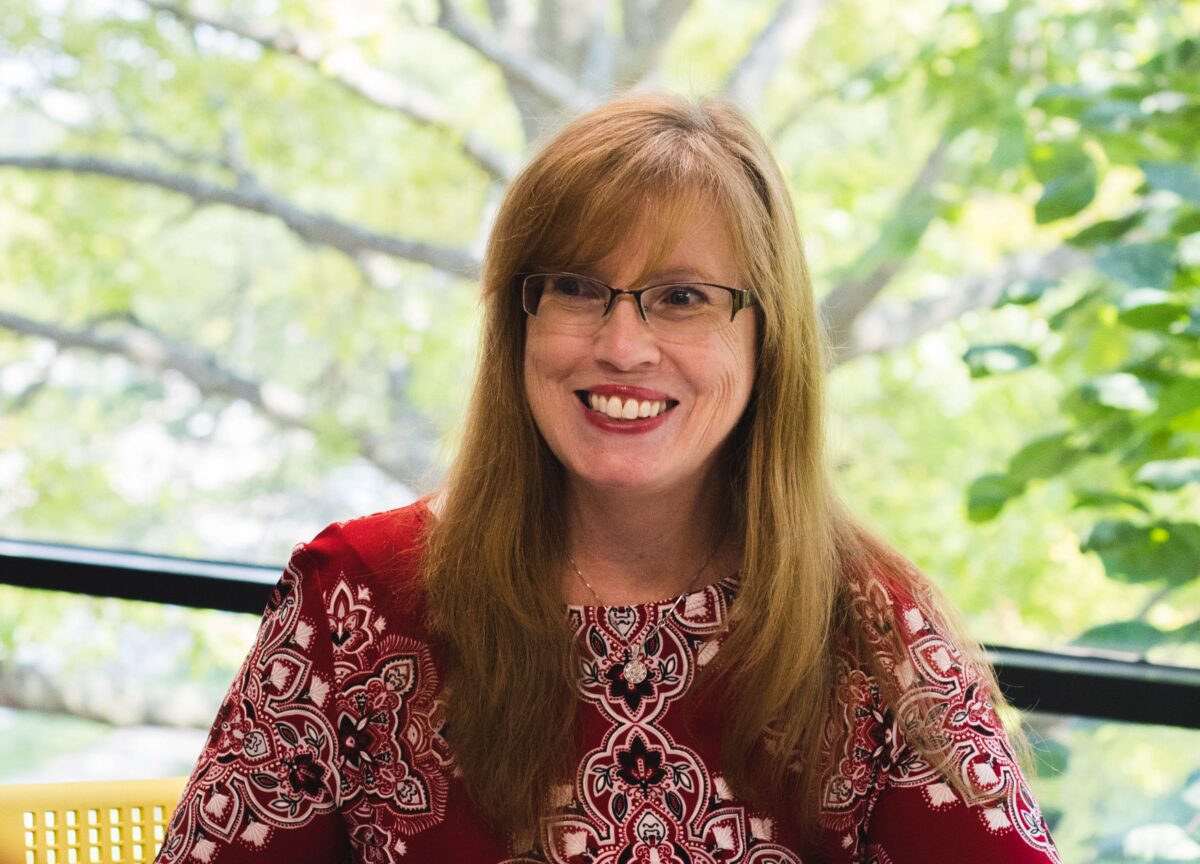
A Giant Leap for Patient-Centered Care
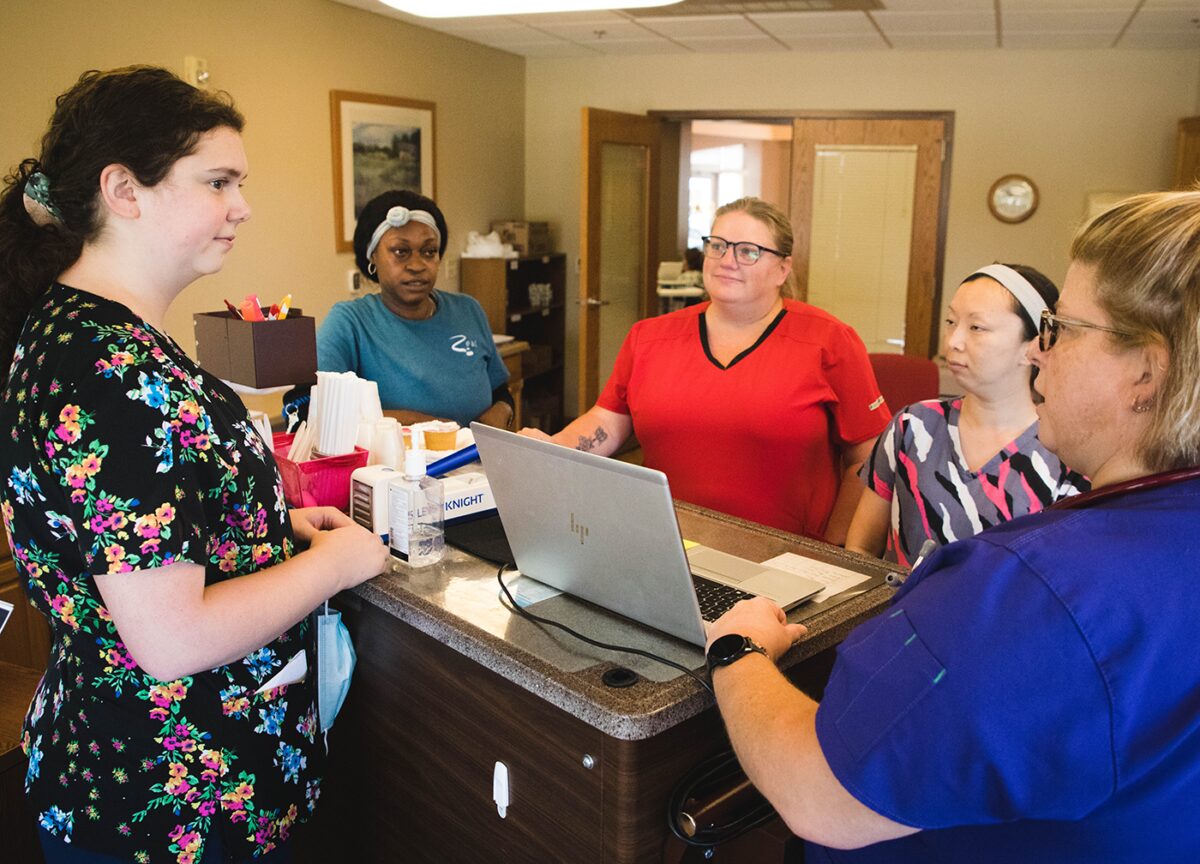
Investing in our Workforce
